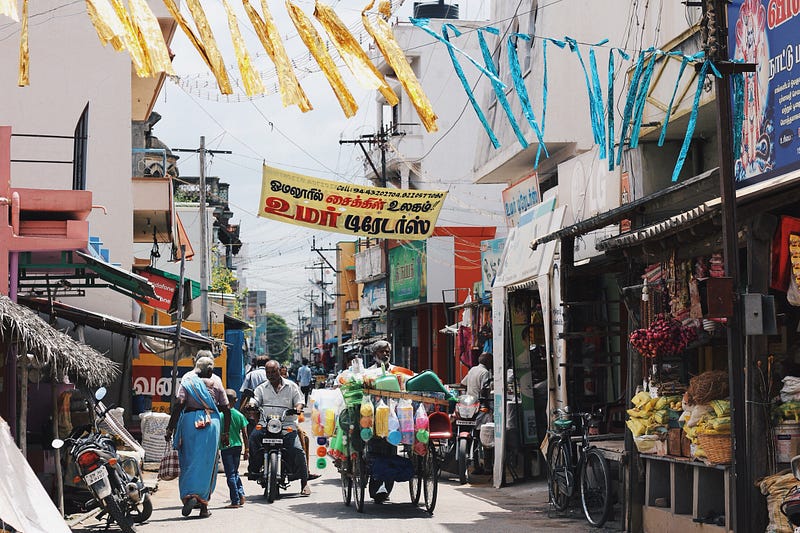A Shattered Story
Poetry in free verse

Poetry in free verse
Delhi: Massive fire breaks out at Delhi slum.
Over 1000 shanties destroyed
The news reports say there were no casualties in the heart of the country,
but how would Shankar
who sells bananas on the footpath by day,
and at night is a father to his three little daughters
(while his wife goes on rounds to wash dishes in the rich master’s home)
continue living
when all that they had worked for all their life
got burnt to dust in mere moments?
“Shanties”, the news called them,
but to Shankar, his wife, and his three little daughters,
this was the extent of their world.
Over two lakh people affected by flood in Assam;
seven districts affected
Meanwhile, in a faraway corner to the east,
the largest river of the country swells and overflows,
its waters washing down hut after hut with a violent rage,
as if seeking vengeance on all humanity
for its atrocities.
Maloti and her family — who lost their all,
sit huddled in make-shift boats
as the rescue workers whisk them away
to a place that ensures
safety, but no belonging;
heat, but no warmth;
a full belly, but empty hearts.
“Don’t forget to wear masks,” they are told over and over again,
as if fighting a foreign virus
is more important than fighting the battle that is life.
Amid Covid-19 Pandemic,
Farmers Now Battle Massive Locust Attack
Naresh — a farmer on the west coast
collapses to the ground,
his thin body racked with helpless sobs —
his field of green reduced to brown wastes,
as the locust army move on to the next feast.
His wheat was ready to be harvested in ten days,
and now, he would have to wait another eight months,
while those men in black suits from the banks
keep calling him week after week,
reminding him of the loan he is yet to return.
Naresh had already made his daughter leave school,
now, he wouldn’t be able to gift his son an education too.
How can he teach his children to dream,
when all he has known throughout his life
are loss, heartbreak, failure,
and empty promises made by those in power?
Baby Tries To Wake Dead Mother
At Bihar Station In Endless Migrant Crisis
Further east,
Subhadra, a 23-year-old-woman
lies dead at a railway station
(her baby —
too young still to understand death —
plays with her shawl,
trying to wake her up
from a sleep
that has already taken her away too far).
She died because
the people she worked for so long
refused to give her food and a place to stay.
She died because
she could bear the cruel heat of summer no longer.
How can you call any of this a tragedy,
when those with the resources to bring about change
turn a blind eye to the plight of the poorest of the poor
in a country where a fourth of the population
live below the “official” poverty limit?
How can you call this a mistake
when the message sent out is loud and clear —
“If you have no money, your life has no worth”?
And so, Shankar will weep,
Maloti will get tired of asking for a new home,
Naresh will make his children work in the fields with him,
and Subhadra will lie dead, unconscious to the wails of her child.
Because these people are allowed to exist only in stories,
in news pieces that capture our attention for a second
before we move on to the next interesting item on the list.
India tells a shattered story.
You need to pick up the bits and pieces
strewn all over her body
to know the story in full.
But, honestly, would you care?
The fate of these people
was decided for them the day they were born,
and the message is loud and clear —
If you have no money, your life has no worth.
Author’s note: If you liked this piece of work, you would definitely enjoy my best (and previously unpublished) poems which are curated in my book: Stolen Reflections: Some Stories Are Told in Verse. It is a collection of 100 poems exploring 15 different traditional poetry forms, including the haiku, tanka, limerick, palindrome and the modern free verse.
